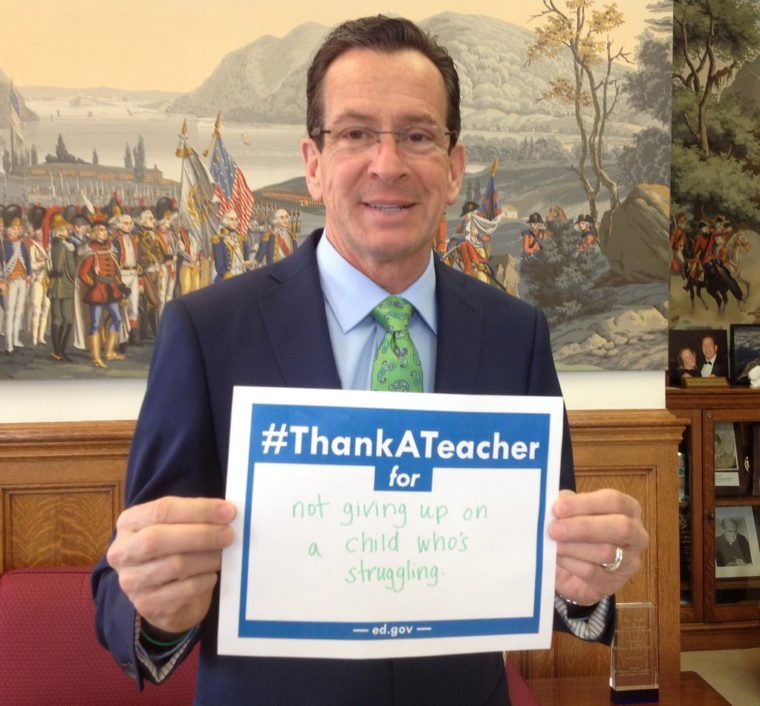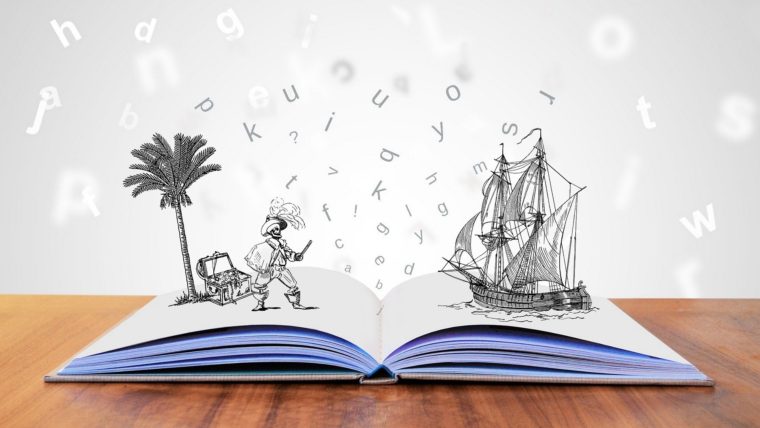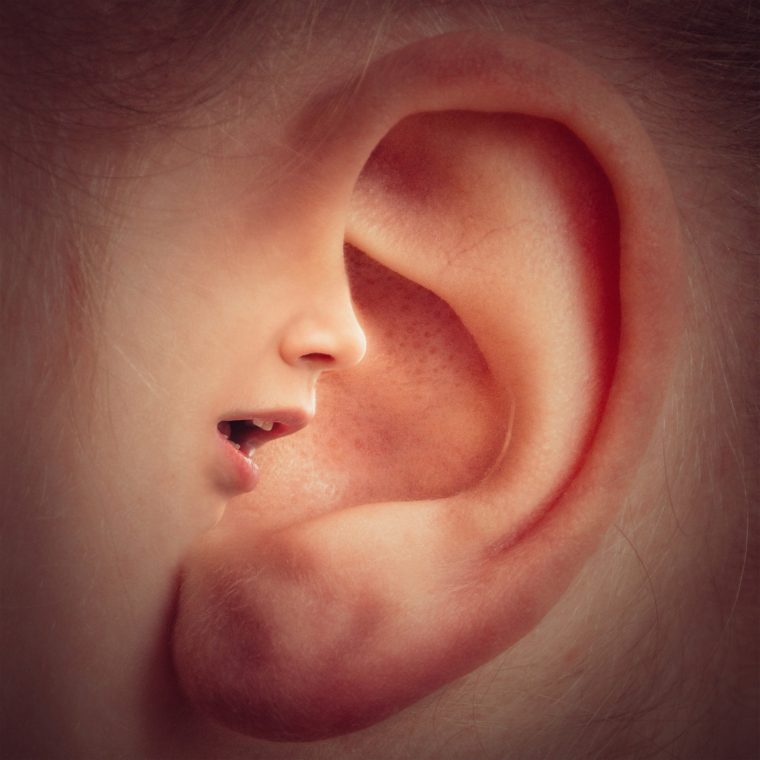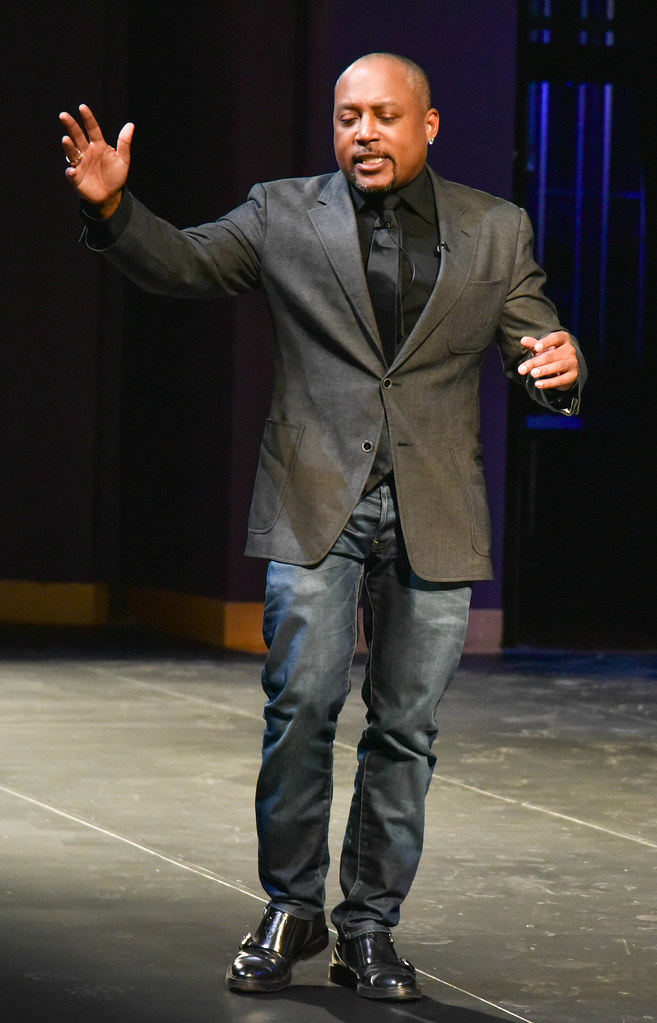“Physical maturation of the brain is impacted by how much stimulation a child receives…” ~ Governor Dannel Malloy


The one constant about dyslexia is its inconsistency. Each child’s encounter is unique. Even when two children have difficulty in the same area, reading for example, their struggle has different nuances.

Listen to dyslexic 2nd-grader, Maya, talk about her reading challenges.
Now, Jade gives a heartbreaking account of her 8th-grade dyslexic reading experience. Look through her eyes here.
Yesterday, you walked through one day at school with Henry.
Today, it’s your turn to experience what a dyslexic child sees when she reads. Here’s a fun way to understand and appreciate why learning and thinking differences can be so frustrating.
Go ahead and try a dyslexia reading simulation. Click the link below.
How did you feel while trying to complete the reading task in the allotted time?
A child’s high school experience can be pivotal. For a dyslexic, it’s an even greater achievement, considering that 35% of dyslexics drop out of high school.

My dearest K,
I can’t believe this time has come. You never thought you would achieve this much. But our God has been faithful! You are at the end of High School, and it’s your graduation day. Well done, my child!
Some Things Remain
Testing seemed to have been the first order of high school. Those pre- and post- IOWA tests seemed to be written in a different language and the New York State Regents examinations loomed ahead and you didn’t know what to expect. Now, the bulk of schoolwork had to be done at home, since school hours were spent in discussions and experiments.
You still struggled for hours, every night, to complete your homework assignments; and your late nights made it difficult to wake up early for school, the next day. But you pushed on. It was a blessing you had the Learning Ally audio textbooks to accompany your print books.
You still weren’t very motivated to go to school, but you went, without complaining.
Do you remember how, in addition to your school, you had to work through those brain exercises and the Learning Ears program? It seemed like intervention programs would never end, but I kept pushing and encouraging you.
A New Experience
High school was different from elementary and middle school. For you, it was a good change. Here students were expected to be responsible and you were no longer dependent on teachers.
The many intervention programs began to pay off. You’re reading better and not afraid to be called to read in class. You learned tips and tricks of blending with the crowd and appearing “normal,”
You were involved in more student interaction and collaborations and were accepted into the groups without question.
Teachers
Your teachers here were empowering and less punitive.
Your 9th grade homeroom teacher set the tone and spiritual foundation for your high school experience. She was kind, supportive, friendly, yet demonstrated excellent classroom control.
Your 12th grade homeroom teacher and Digital Media teacher (whom we found out later is also dyslexic) were great cheerleaders.
You history teacher taught you much about the philosophy of living, and kept you curious about life and the world.
I don’t know what you told him, since you determined not to let anyone in your school know you were dyslexic, but it was admirable of your Bible teacher to allow you to take his scripture memorization tests verbally, rather than written.
Your science teacher, Ms. A., took the crown. She was focused on your success. She was the reason you scored so high on the Biology Regents. She taught you how to explain yourself verbally and on a written test. She moved around the class and met you and your classmates on your level. The atmosphere she created in her classroom made it easy to ask any question, and not feel ridiculed. Along with that, she seemed to put extra effort into getting you to the point of clarity, then remembered to celebrate your successes and cheer you on to the next level. All in all, she made learning fun, and your high school experience enjoyable.
Your teachers didn’t seem bent on embarrassing you, but allowed you to take responsibility for your decisions and actions.
Friends
It was easier to relate to your classmates and you acquired female friends. Even when you misspelled or verbally mixed up words and phrases, your friends just laughed, corrected you and moved on. When you didn’t understand some concepts, they chuckled and explained it. It just wasn’t a big deal!
What relief I felt that you maintained a pleasant demeanor and displayed no more evidence of daily anxiety. The communal atmosphere certainly added to what I was doing to build your self-esteem. You took your inclusion in activities and the respect shown to you as evidence of your friends’ trust.
To top it off, your peers considered you to be smart.
Successes
Your work ethic began to pay off – you are reading better.
More importantly, you now understand the implications of your different thinking style and have discovered how to teach yourself to learn, and developed a personal manifesto:
Finally getting a grasp of how you learned helped you prepare for and pass you exams.
Your high school experiences helped you see that, although you may learn and see the world differently from others, the foundation for success is the same.
You made a conscious decision to pass and be a success in life.
Do you remember the knot-board you created for your club assignment? It was so creatively organized – so exceptional – the club director kept it as a sample to show future members.
Your decision to be intentional about your success permeated every area of your life.
You are admired by young people and adults alike.
Today, you graduate Valedictorian of your class. Yes! VALEDICTORIAN!!!
You deserve every moment of your celebration!
Look out College. Here she comes!
Love,
Mom
How has your child overcome personal challenges to achieve success in some area of life?
When asked what does our ears do, many people will say that they hear.

Did you know that hearing is not the ear’s only function?
Most of the sensory energy transferred to the brain goes through the ears. They:
In addition to all of that good stuff, the ears are interconnected with several levels of the brain and act as a double antenna through which it receives messages from the body and the environment.
So, you can see, your ears are your link to your inner world and the outside world.
What is listening?
Merriam-Webster defines it as paying attention; hearing something with thoughtful attention.
This definition denotes that listening is an active process through which we make sense of, evaluate and respond to what we hear.
On the other hand, hearing is passive – once the hearing mechanism is physically intact, sound enters the ears and travels along the auditory pathway to the brain, where the sound waves are changed to electrical signals and given meaning.
Listening, therefore, brings harmony within us, as well as in our relationships with others. When listening does not develop in a satisfactory manner, the harmony is broken and good communication is sabotaged.
Although some generate good results with sustained effort on the part of the child, many of the programs promoted as interventions for the reading difficulties experienced by dyslexics are minimally effective.
While there is efficacy in practice, considering Herman Ebbinghaus’ work on memory (without context, about 50% of what is heard is forgotten within 1 hour), most remediation programs include multiple repetitions of instruction with lots of drill and practice, without any work to eliminate underlying issues with foundational skills, like listening.
I have not read any scientific or academic research studies, which looked at improving listening as an avenue for alleviating reading difficulties, but I have my own anecdotal experience. As mentioned in my previous post, when my dyslexic daughter completed The Listening Program, her singing voice improved (the voice can only produce what the ear can hear). In addition to that, she demonstrated better attending skills. This led to increased success in learning and communication.
Have you or any of your children experienced any form of auditory stimulation?
Letters can be very personal and are often treasured by the receiver, so I’ve penned another letter to my daughter.

My dearest K,
You have hated every minute in school and never thought you would have made it this far. But, here you are at the end of the eighth grade. Congratulations, my child!
Struggles
My heart ached every time I saw how difficult it was for you to read out loud. We would practice your scripts and Bible verses for church, until you had them memorized. But those times when you were called on suddenly, because the church leaders perceived you to be such a brilliant young lady, I was embarrassed for you, as you labored to get through the readings.
Then there was the dreaded school. Every day. I made you go even when you complained of feeling sick, because I thought you were trying to escape. Unlike your third grade teacher, you middle school teachers did not understand the challenges of dyslexia, neither did they seem to want to.
I cringe every time I think of the public humiliation you endured, dying a thousand deaths every day. My heart aches when you recall how a teacher would unmercifully keep embarrassing you for reading aloud haltingly. Or making derogatory statements when you didn’t quite process and understand her question, preferring to think you hadn’t prepared at home, when you had spent many hours doing so, and fell into bed exhausted, every night.
No wonder you preferred hanging out with the boys. Unlike the girls who sat around talking about the books they were reading, they ran and jumped and played games you could identify with and feel accomplished.
Spelling continued to haunt you. Now, even more than before considering the difficulty of the assigned textbook.
Do you recall your difficulty reading social cues and showing appropriate behavior for different places? There was that time when you were playing with classmates instead of lining up and you were punished by having the class treasurer job – the one thing you exceled at and cherished, taken away. That was very poor judgment and downright mean of the teacher.
I can only imagine the way your experiences eroded your trust in adults who glossed over the tasks you accomplished, but humiliated you for the ones you did not do because you did not know how.
Successes
On the other hand, do you remember how you learned to find your orientation point so you stopped your mind’s eye from roaming and getting you disoriented? And the clock technique that helped you go to sleep at night and wake up in the mornings?
Then, I got you that music listening therapy program to tune up your ears and your brain and you learned that your brain is musical. As your listening improved, so did your singing voice.
When we started to travel to other countries, your eyes were opened and your mind exploded when you realized that there was more to life than the struggle at school, and more ways of expressing yourself and viewing intelligence. You were permanently changed.
Traveling gave you an opportunity to see what you learned in books come to life. You observed firsthand, different cultures, food, governments and ways of life. Theory was now real.
Added to that, our extended family dynamics allowed you to ask any question and get an answer, without making you feel stupid.
You have worked so hard and so diligently.
I continue to be very proud of you.
In spite of the challenges you encountered because of dyslexia, you courageously plowed ahead and conquered them.
You are getting better, every day.
Today, you graduate with high honors.
You deserve every moment of your celebration!
Now, on to High School. I’m in your corner and you will succeed!
Love,
Mom
What positive experiences can you reinforce in your child to counter the struggles they experience, every day?
Today we know him as one of the “Sharks” on the ABC hit television show, “Shark Tank.” Life wasn’t always so rosy for Daymond John, but an insightful mother made a huge difference.

Although he excelled in mathematics and science, he struggled with selling and anything requiring extensive reading and writing. When his parents took him to a professional for evaluation, they were told he had a behavioral issue. Fortunately, his mother did not believe that to be true.
He admitted that his father would often angrily yell at him to stop slacking. Getting tired of the struggle, Daymond signed up for the co-op program at his high school. This program allowed him to work full-time for one week in a business field and attend school full-time the next. He knew that he couldn’t rely on his report card, so he focused on showcasing his strengths in the co-op program.
Today, he’s on a mission to bring awareness to people that there’s nothing to be ashamed of if you are dyslexic. Listen to him and his mother discuss dyslexia as a strength.
He always thought he was a genius, and his drive and determination to channel his insights into entrepreneurial, marketing and branding success, have led him to become an in-demand motivational speaker, and the Ernst & Young’s New York Entrepreneur of the Year as well as Crain’s Business of New York Under Forty Award.
In this video as he continues chatting with his mom, he discusses the beginnings of his business venture.
If you take the time to chat with them, most dyslexics will tell you about their strengths, be it entrepreneurial, artsy, or athletic. They know where their strengths lie.
What entrepreneurial interests have you seen in your child?